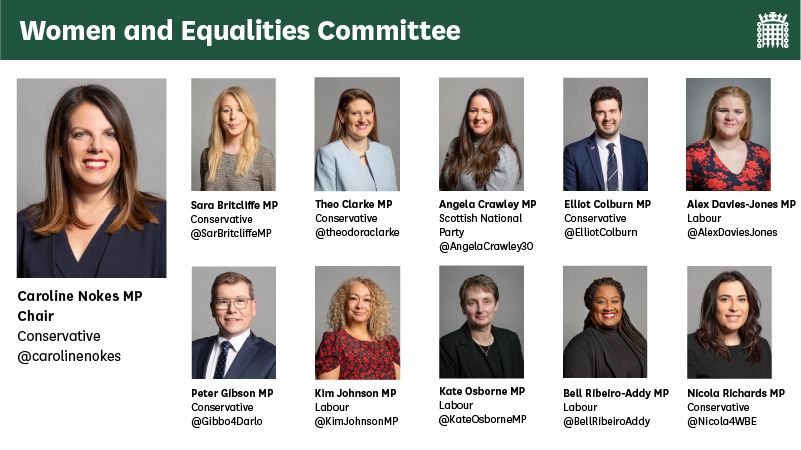Has the Government done enough to protect and support disabled people during covid-19?
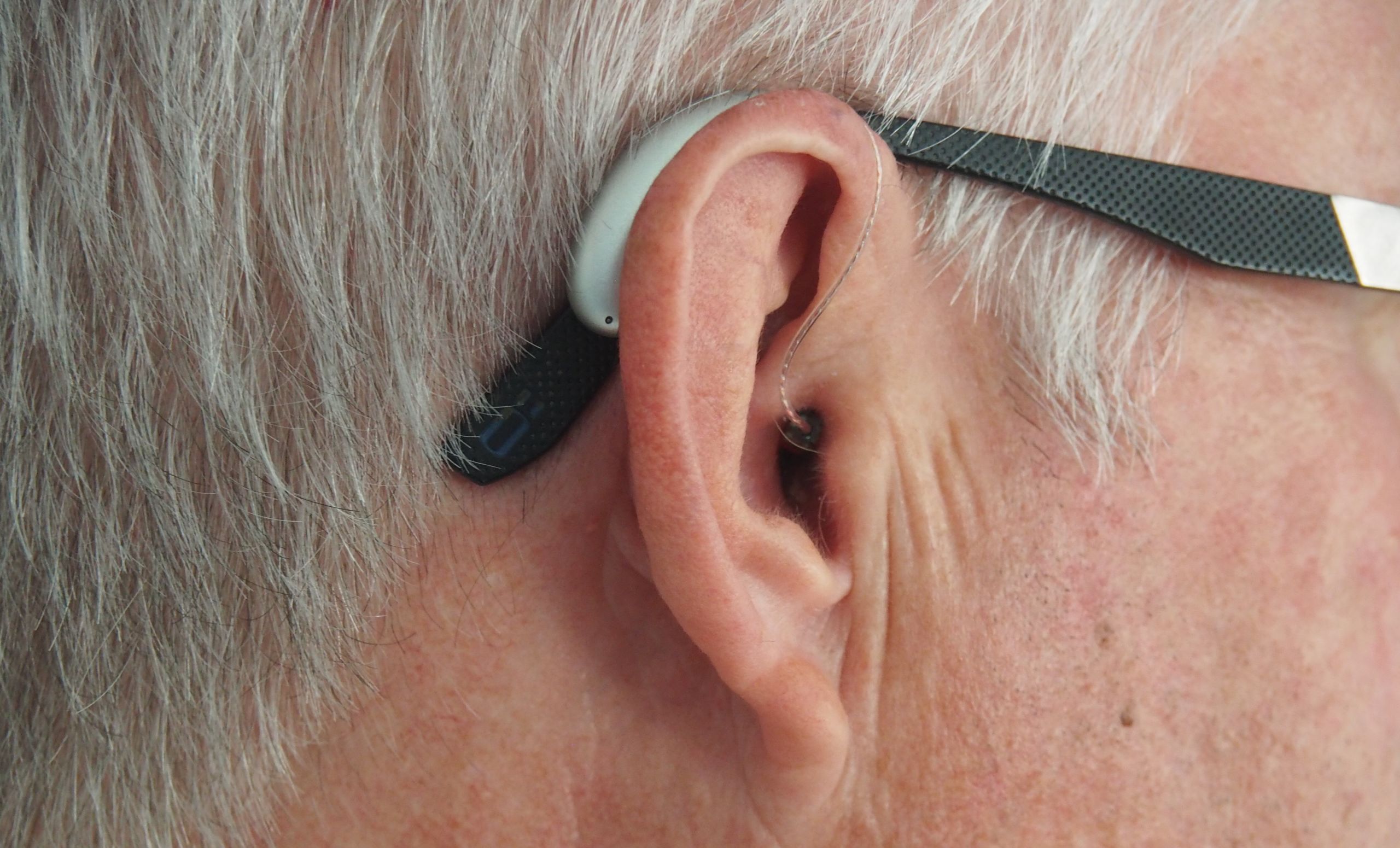
On 30 March, we, MPs on the Women and Equalities Select Committee, launched an investigation into how covid-19 was affecting people with protected characteristics.
After 500 pieces of written evidence were submitted we concluded that to understand the issues we needed to split our research into three key areas.
One of those key areas was the disproportionate impact on disabled people.
Disabled people already faced significant barriers to health services for example because services were inaccessible or they had additional barriers to service, care and support or special educational needs (SEND).
The pandemic has made things worse with various impacts, including starkly disproportionate and tragic deaths.
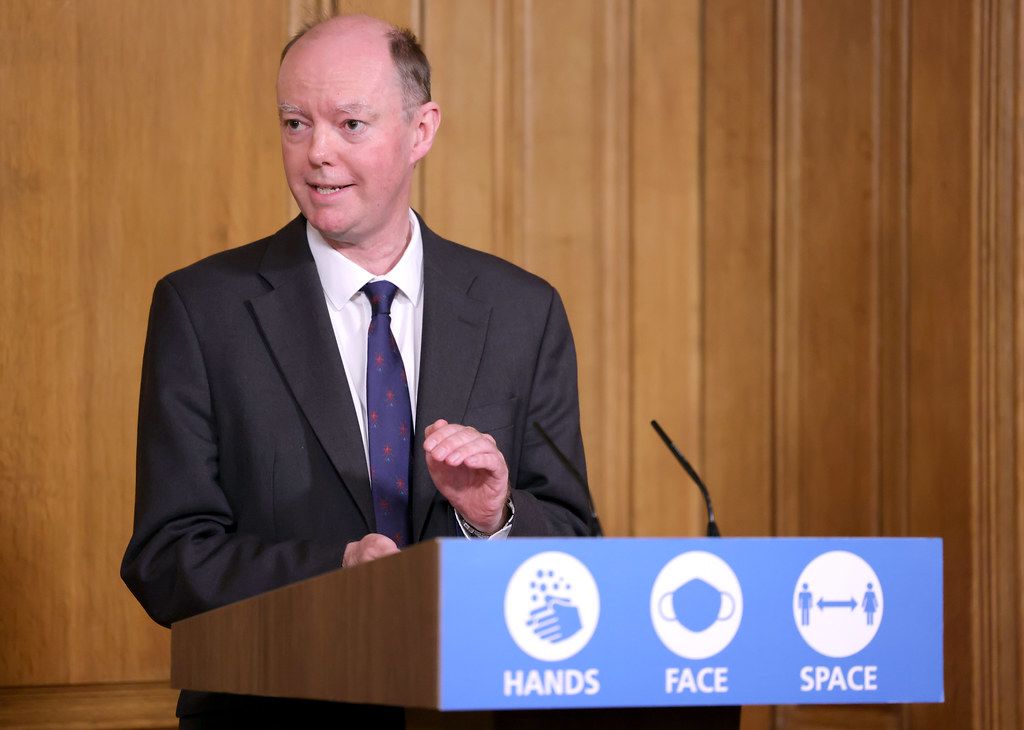
What are the impacts?
We heard and read reports of a wide variety of impacts on disabled people during the pandemic including:
1. During the course of our inquiry we heard that whilst the Government encouraged disabled people to shield from the virus, they didn't adequately support those shielding.
2. Potentially discriminatory practices in health and social care caused disabled people great distress and anxiety and left them feeling their lives were less valued than others
3. The introduction of continuous mask wearing has made effective communication impossible for people who lip-read and much more difficult for British Sign Language users and people with disabilities which mean they are more reliant on facial expressions for communication.
4. The Government has promised additional funding for pupils to catch up on education lost to the pandemic. However the lack of ring-fenced catch-up funding for pupils with SEND in mainstream schools is unacceptable.
5. The way the Government has communicated with disabled people during the pandemic has, on occasions, caused confusion and compounded already keenly felt anxiety. Communications have sometimes been poorly thought out, with insufficient consideration given to the psychological effects on recipients and their families.
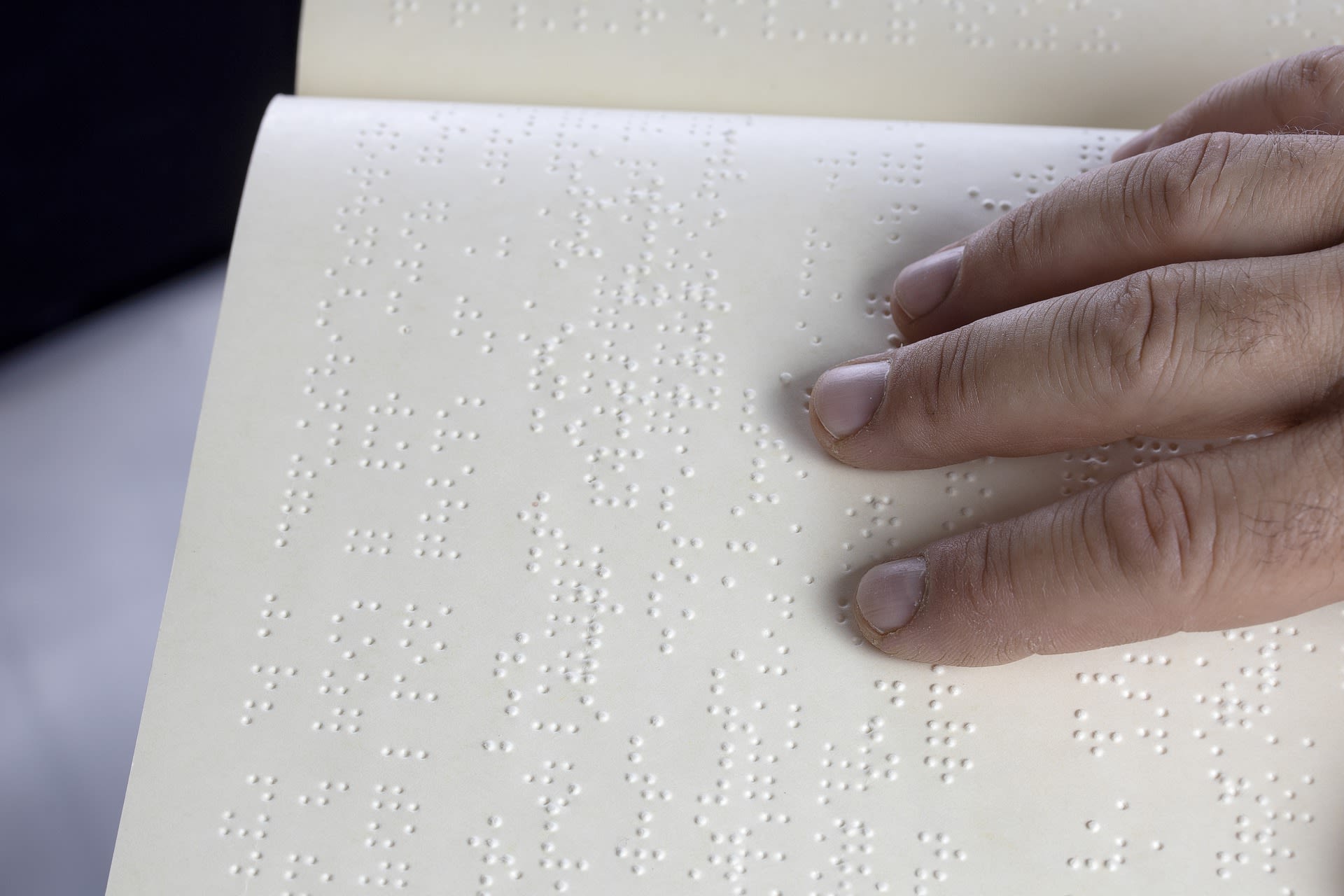
Problems in social care
The pandemic has highlighted and exacerbated pre-existing systemic problems in the social care system.
In particular there is a lack of a long-term sustainable funding, there are workforce issues, including low pay, poor career progression and high staff turnover. The response to coronavirus had demonstrated the need to place a much greater value on social care and its workforce.
What should the Government do?
The Government needs to provide substantial extra funding for social care and review the whole sector, including care and support for working age disabled people (not just older people).

Funding for Special Educational Needs and Disability
Ali Fiddy, Chief Executive of the Independent Provider of Special Education Advice (IPSEA), told us how many children and young people with SEND received little or no support in the early months of the pandemic.
However this is part of a pattern even outside of the pandemic, three weeks earlier she had told the House of Commons Education Committee about a "deepening crisis in SEND provision”.
Although funding has been provided by the Government for helping students catch up on learning missed because of the pandemic, it hasn't been specified how much should be spent on SEND students.
What should the Government do?
The Government needs to provide additional ring-fenced catch up funding for pupils with SEND in mainstream schools.
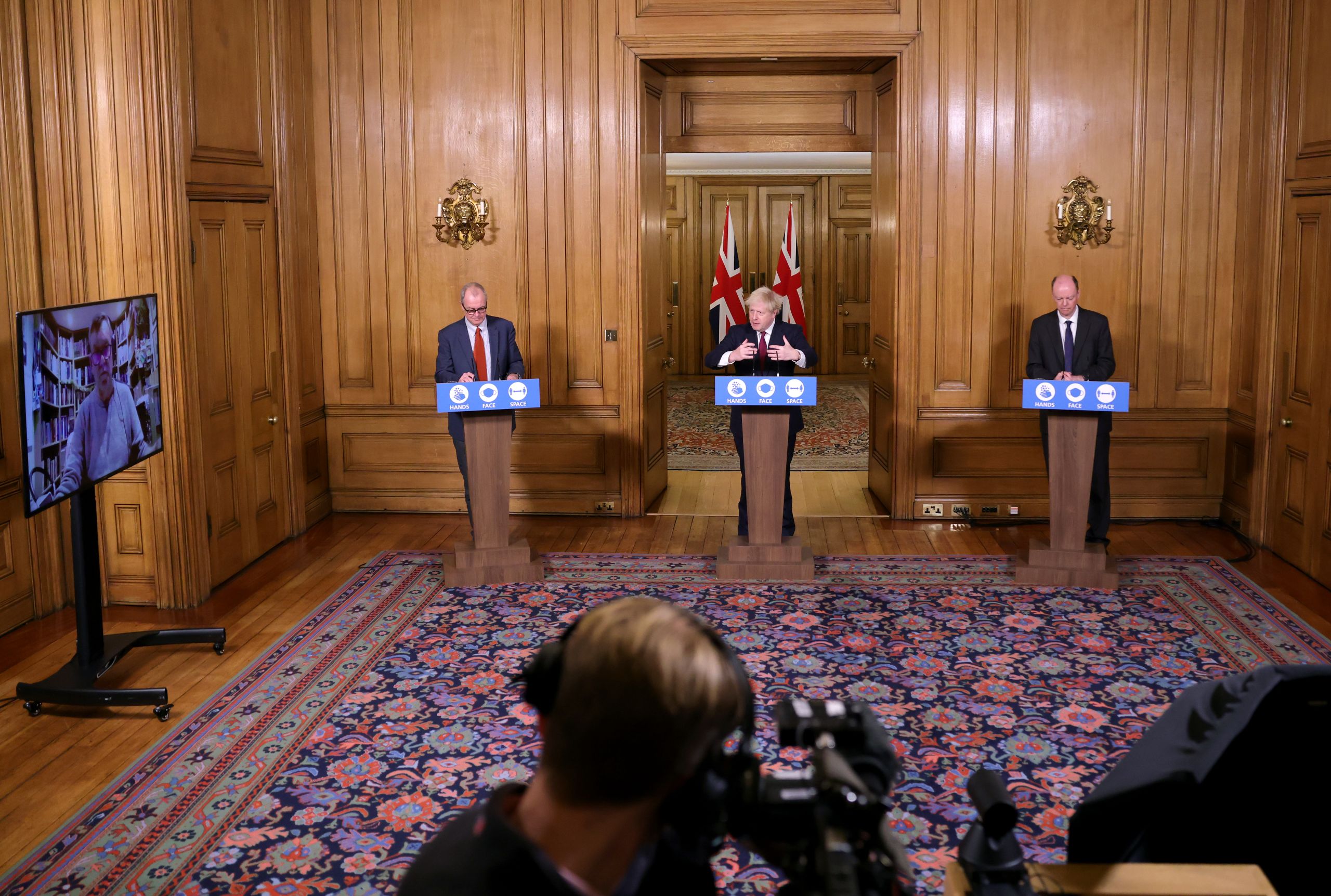
An independent review
Almost 3 in every 5 people who died with covid-19 in the first wave of the pandemic were disabled people. They have died with covid-19 at between twice and 2.4 times the rate of the rest of the population.
There are even more disproportionate figures for death rates from covid-19 of people with learning disabilities, who were at least 4.1 times more likely to die. Young people with a learning disability were a shocking 30 times more likely to die than people their age without a disability.
Disabled people have suffered a range of damaging effects, including these starkly disproportionate and tragic deaths.
What should the Government do?
The Government must set up an independent review to investigate the causes. The review must include the part played by the Government’s and public authorities’ decisions and policies
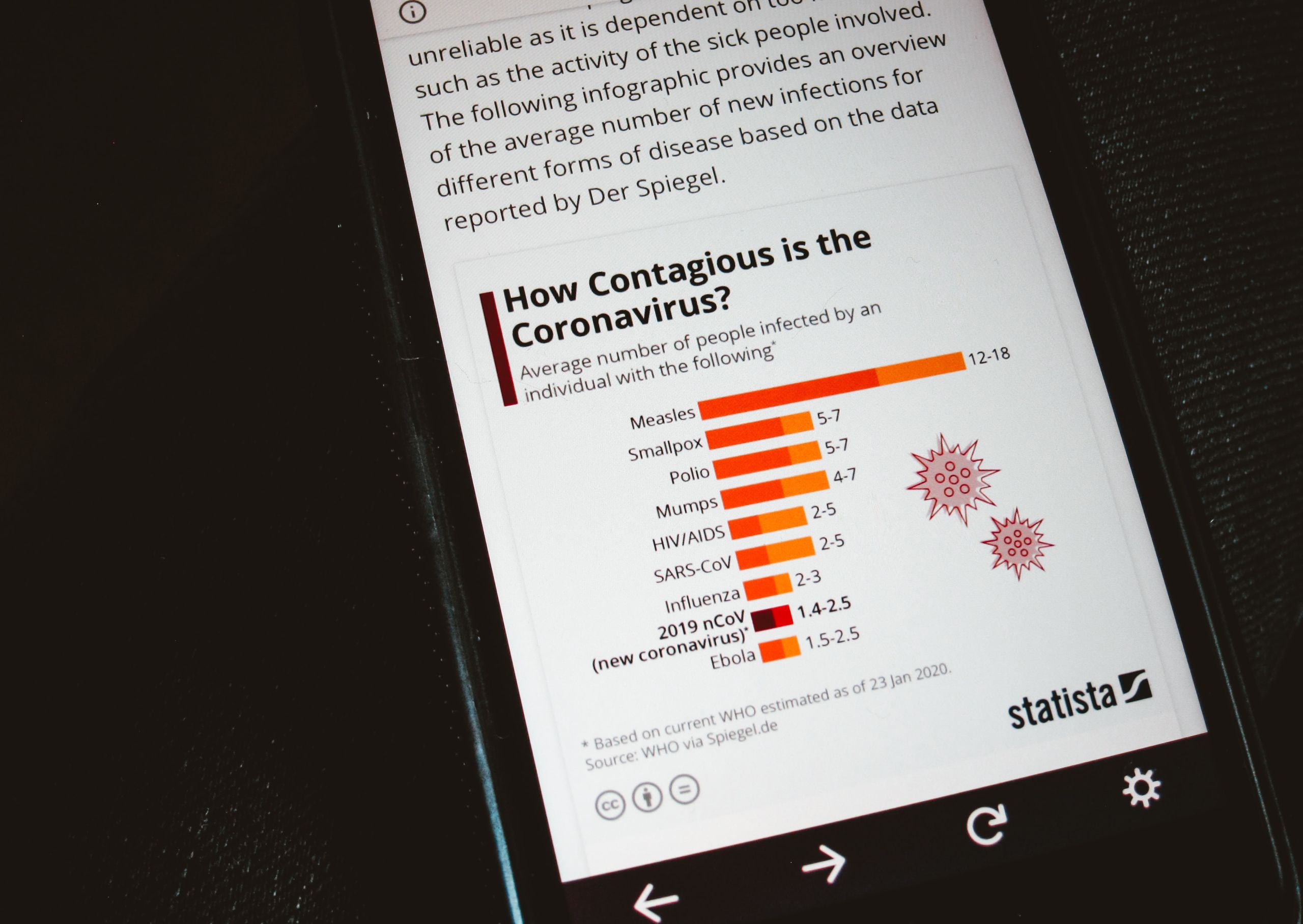
Public Sector Equality Duty
The Equality Act 2010's Public Sector Equality Duty is intended, in part, to eliminate discrimination against groups of people who share a protected characteristic.
We believe disabled people's experiences of public services during the pandemic make the case for strengthening the Public Sector Equality Duty. This should outweigh any concerns about additional burdens on authorities.
What should the Government do?
The current non-statutory technical guidance needs to be given its own legal force, to better protect people. The Government should allow the Equality and Human Rights Commission to issue a statutory Code of Practice on the Public Sector Equality Duty.”

Accessibility of communication
Disabled people's concerns about inaccessible communications from the Government emerged at the very outset of the pandemic.
The Prime Minister's letter of 23 March to every household in the UK, explaining the gravity of the situation and the need for the first national lockdown, was not initially available in any accessible formats.
Similarly the Prime Minister's television address on 23 March had no British Sign Language (BSL) interpretation.
"Imagine if you are put in front of a screen that you know is vital public health information, but you cannot understand a word that is being said. That is what a lot of people felt like."
There was also no BSL interpretation of the daily television briefings by Ministers.
What should the Government do?
The Government should extend the Accessible Information Standard to public health messages from government departments
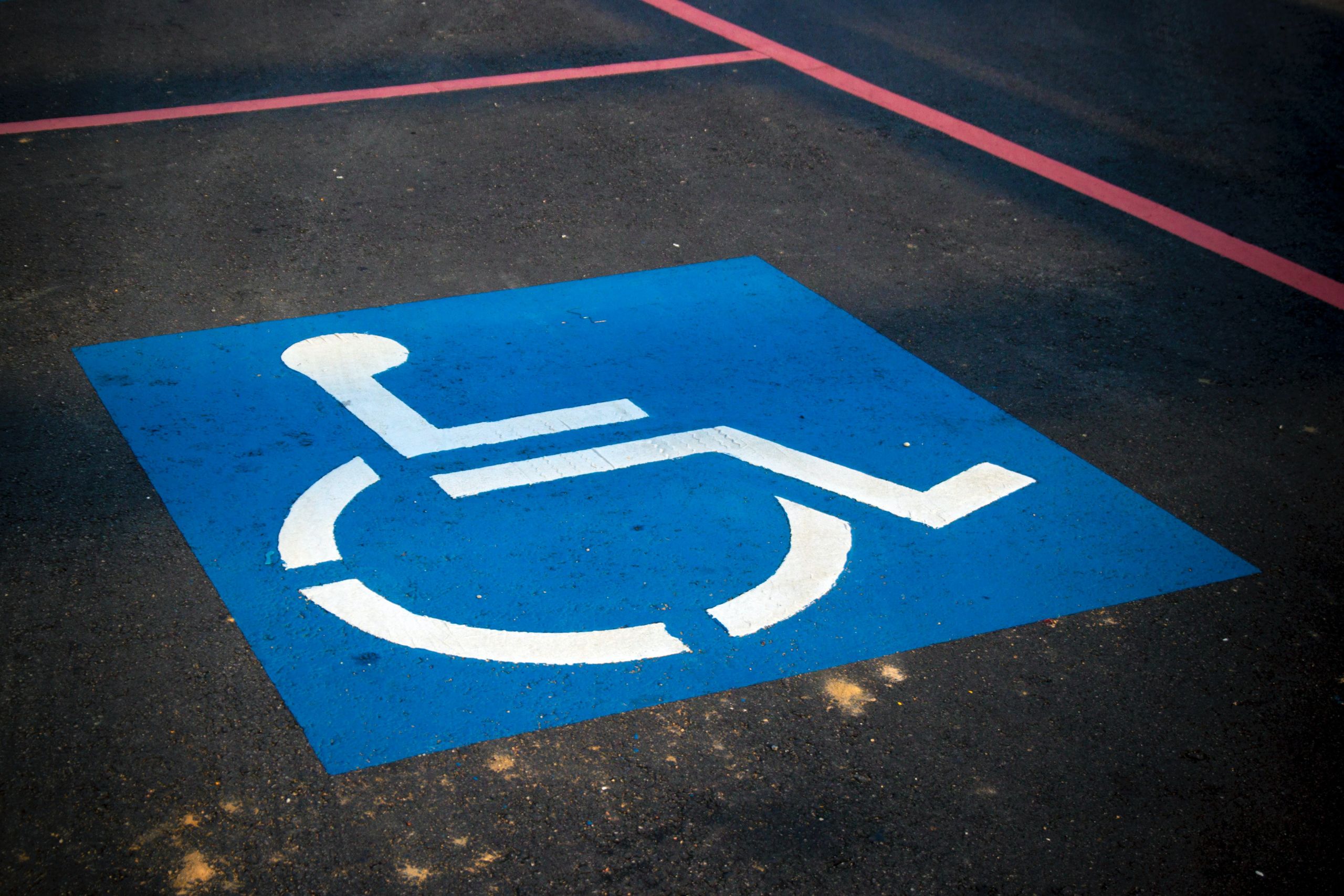
The Government must now respond to our report
Our report, 'Unequal impact? Coronavirus, disability and access to services: full Report' was published on 22nd December 2020 and the Government has two months to respond to our recommendations.
Detailed information from our inquiry can be found on our website.
If you’re interested in our work, you can find our more on the House of Commons Women and Equalities Committee website. You can also follow our work on Twitter.
The Women and Equalities Committee examines the work of the Government Equalities Office (GEO). It holds Government to account on equality law and policy, including the Equality Act 2010 and cross Government activity on equalities. It also scrutinises the Equality and Human Rights Commission.
